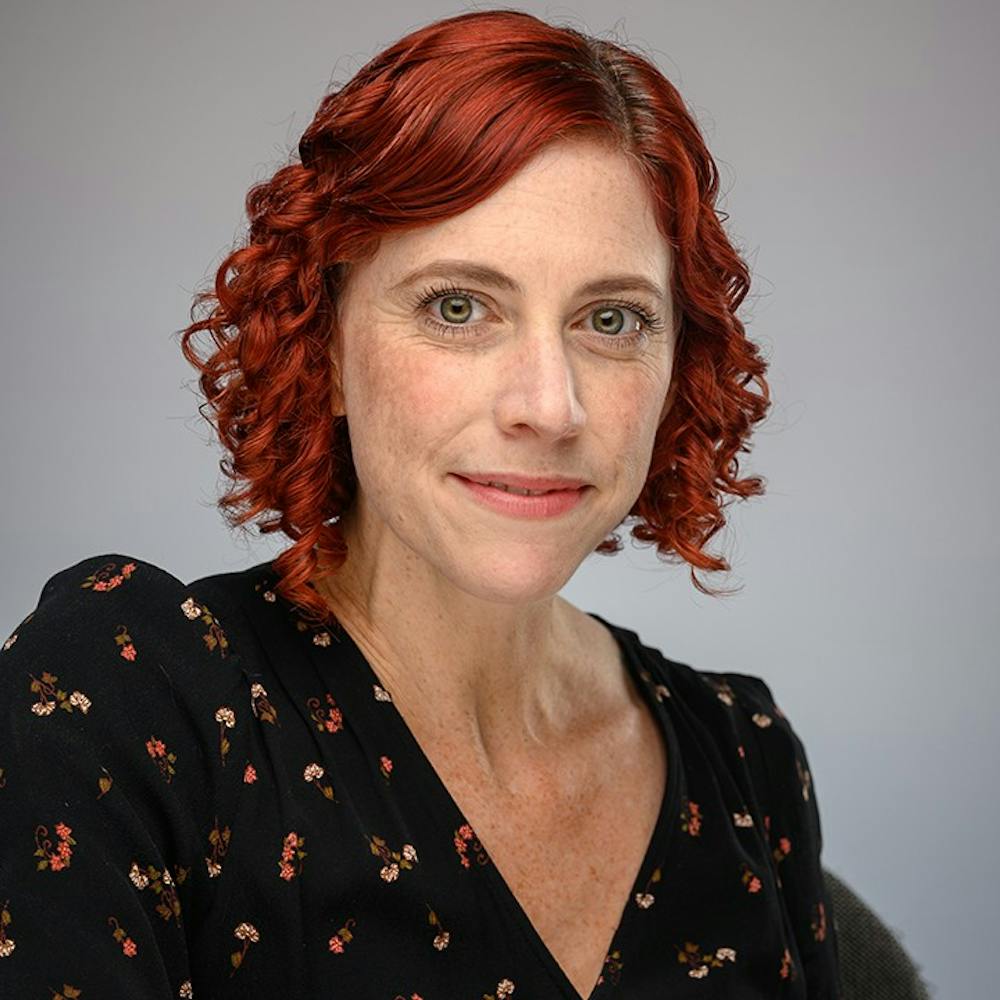Diseases, such as tuberculosis, are known to leave physical marks on the skeletons of humans. It's through these physical effects that anthropology professor Sharon DeWitte is able to research diseases of the past and use the findings from them to gain insight into diseases of today, such as COVID-19.
“Anthropology … it basically encompasses every aspect of human existence,” DeWitte said.
DeWitte said she discovered her passion for anthropology because of exploratory classes she took in college.
"I realized that I could actually devote all of my research time to focusing on disease in the past, so it just sort of — everything kind of came together in a nice way," DeWitte said.
The majority of DeWitte’s research is about the 14th century Black Death, but her most recent research focuses on syphilis in the late 1800s and early 1900s and the patterns of health in medieval monasteries.
"I think there's a lot of people who are just completely unaware that we can study diseases of the past using human skeletal remains," DeWitte said.
DeWitte’s research indicated that, like with COVID-19, most people that died from the Black Death had preexisting health conditions.
“People who were already in pretty poor health or who had signs in their skeletons that they had suffered from poor diet or from infectious diseases prior to the Black Death, those people were more likely to die during the epidemic than people who had been in relatively good health,” DeWitte said.
DeWitte has worked at USC for 10 years, teaching classes like Plagues Past and Present, Human Anatomy and Physiology, and the Biological Anthropology Principles and Theory.
"I get to do an overview of important diseases in human history and the students have ... even before the pandemic, they're just so interested in learning about diseases that have had major effects on humans in the past but aren't really on our radar in the United States right now," DeWitte said.
DeWitte's great-aunt died due to the Spanish flu during the 1918 pandemic. DeWitte noticed in her research that, like in the COVID-19 pandemic, some people were opposed to following public health guidelines during the 1918 pandemic.
“You see the same sorts of things happening in news reports from 1918, that people were opposed to wearing masks because it was viewed as a transgression on personal liberties ... Instead of viewing it as a small step that people can take to protect themselves and to protect others,” DeWitte said.
Associate professor of history at USC Nükhet Varlık said she believes the struggle with COVID-19 is far from over.
“Unless everyone is free of COVID, I think the threat continues. So I think it’s important to think of it as a global problem,” Varlık said.
Monica Green was a professor at Arizona State University who has worked with Varlık's research, and is a historian of medieval medicine and health who has researched plagues for around 12 years. Green said she thinks COVID-19 pandemic will be as "significant in history books" as the Black Death had been in the Late Middle Ages.
"The biggest correlation between them is that everybody is scared at the same time, everybody's having to react at the same time, everybody's changing their habits at the same time and everybody's trying to figure out what to do. So the economic impacts, the political impacts, are in fact very similar," Green said.
DeWitte said pandemics in the past can still influence how the world deals with COVID-19 today.
“What I hope is that people see the terrible outcomes of previous pandemics, and realize there are things that we can do individually and as a society to prevent those outcomes, and then actually do those small sacrifices in order to make sure that the disease spread can be controlled,” DeWitte said.

